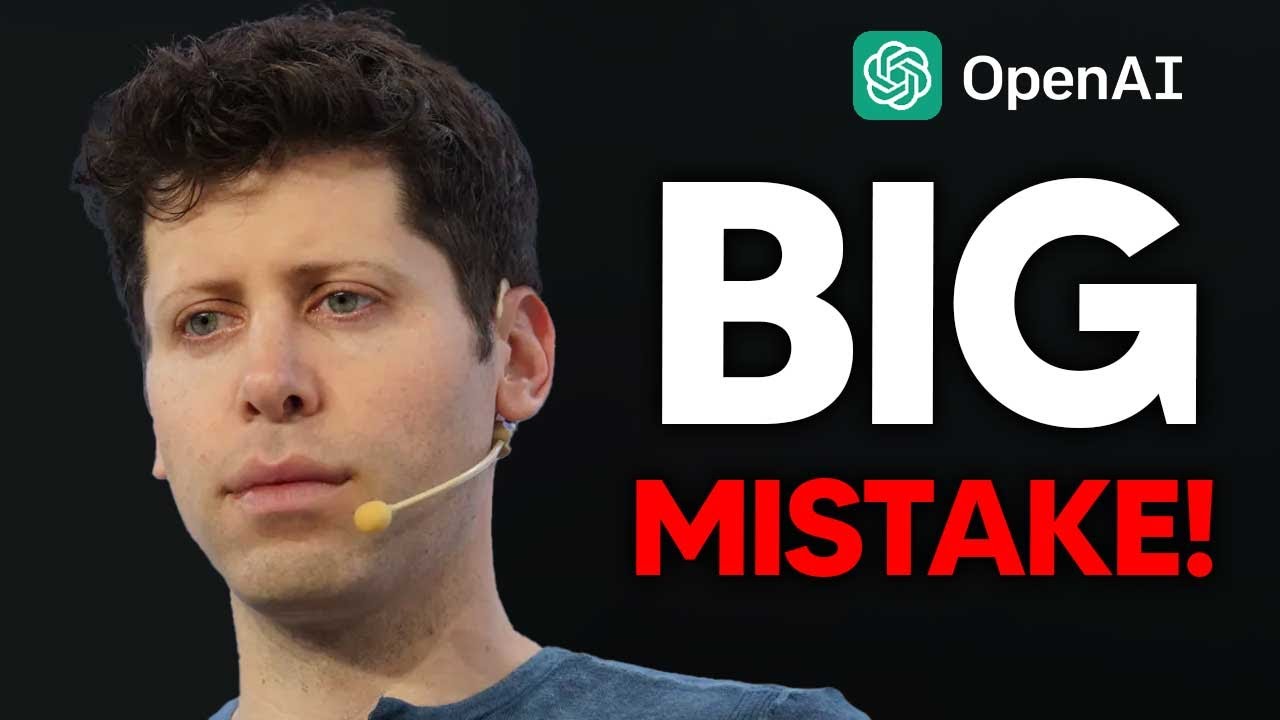An OpenAI employee, Noan Brown, accidentally revealed details about the secretive Q* model in a now-deleted tweet, sparking speculation within the community. The Q* model focuses on planning and synthetic data, with potential to revolutionize AI technology by improving efficiency and performance through multi-step reasoning and agentic behavior.
A recent deleted tweet by an OpenAI employee, Noan Brown, has sparked speculation within the community. Brown is known for his work in AI, particularly in developing systems for games like poker. The tweet suggested that superhuman performance cannot be achieved solely through imitation learning on human data. This has led many to believe that Brown may have been referencing OpenAI’s secretive Q* model, which is focused on planning and synthetic data.
Brown’s past tweets indicate his interest in making AI methods more general and efficient. He has discussed the potential for AI systems to be significantly better than current models like GPT-4. In a clip from an interview, Brown elaborates on the idea of giving models more time to think, which could lead to significant improvements in performance without scaling up model size during pre-training. This approach could benefit various applications, such as developing new drugs or proving hypotheses.
The Q* breakthrough by OpenAI is believed to involve solving planning and agentic behavior for small-scale models. Many top AI labs, including OpenAI, are working on incorporating planning into their models. Recent demos, such as Mesa’s KPU and Devon, showcase AI systems capable of reasoning and planning tasks effectively. These models show promise in reducing hallucinations and improving task performance through multi-step reasoning.
The use of synthetic data and planning in AI models is seen as a key area for improving reliability and performance. By replacing autoaggressive token prediction with planning, models can achieve higher accuracy and efficiency. The industry is moving towards agentic AI, where models can plan and reason effectively, as demonstrated by Mesa’s KPU and Devon. The potential integration of these capabilities into future models like GPT-5 could revolutionize AI technology.
Overall, the deleted tweet by Noan Brown has raised questions about OpenAI’s Q* model and its focus on planning and synthetic data. Brown’s insights into improving AI efficiency and performance through planning align with industry trends. The advancements in AI systems capable of reasoning and planning tasks demonstrate the potential for future models to achieve superhuman performance. With ongoing developments in the field, the future of AI technology, particularly in planning and agentic behavior, looks promising.
